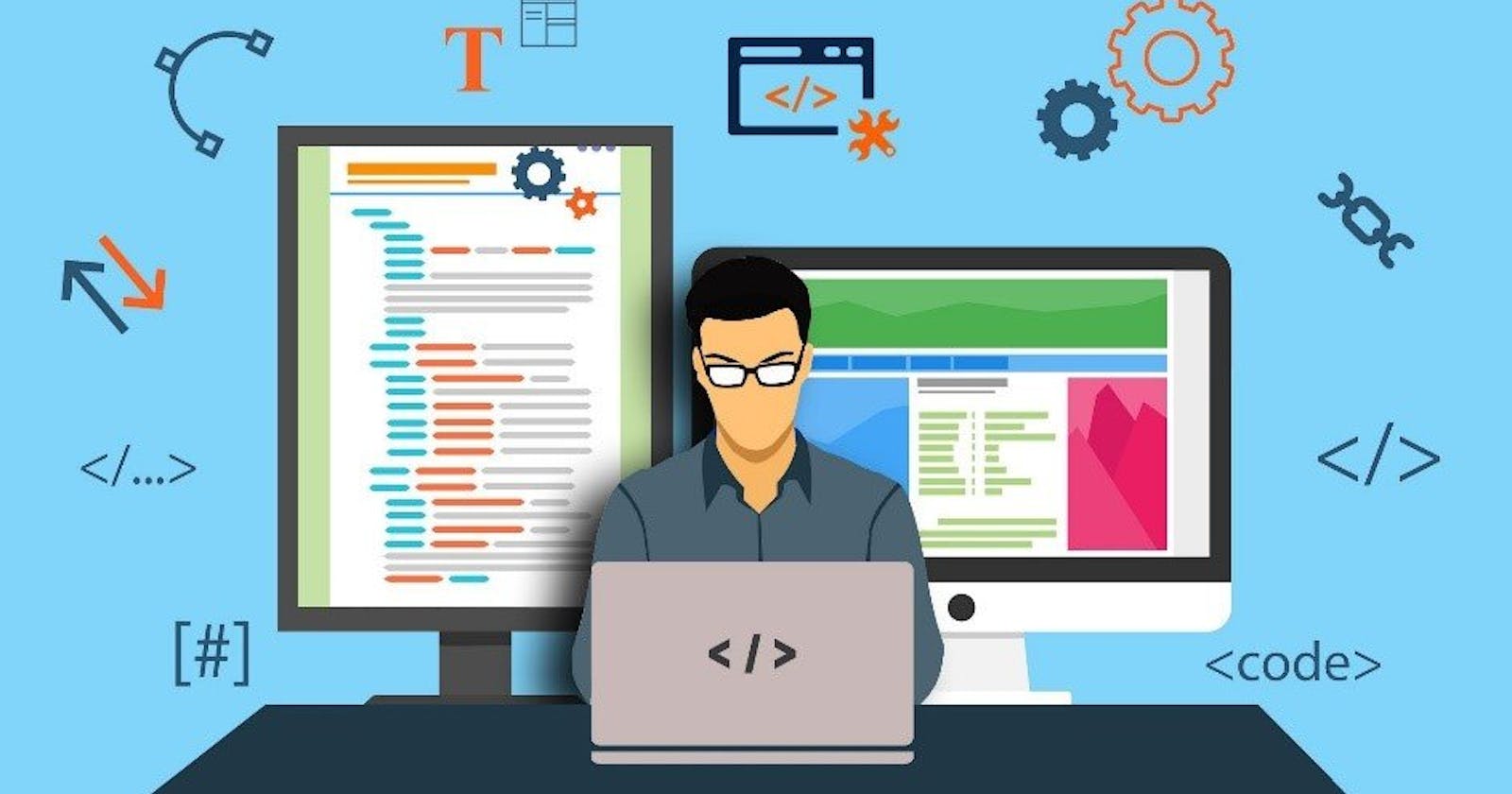1. Debugging
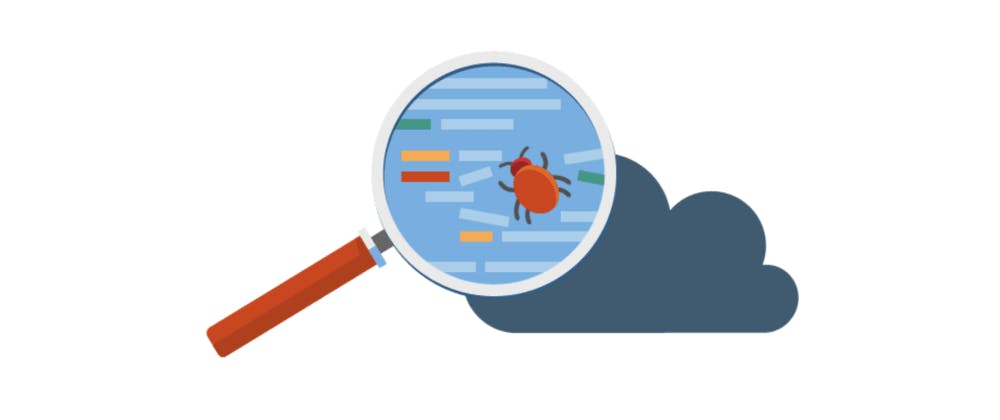
Now, by debugging, I'm not referring to the lazy act of merely running the program and getting done with it when you see no messages like 'syntax error: invalid syntax.'
Through the debugging process, you need to check whether the program is functioning the WAY YOU INTENDED
It would be best to debug your code every day you worked on it, if not every hour. If you procrastinate debugging until you finish a project, you might face a fundamental problem other than those annoying errors: it doesn't work as you intended. Coding ideally doesn't mean having zero errors. It means to have your code work as you intended. Always remember that.
2. Algorithms and Data Structures
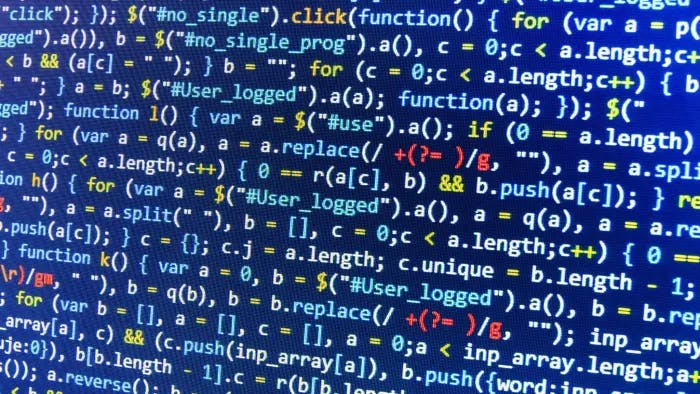
There's a reason people study algorithms and data structures. You might think it's useless, but knowing how the codes work, how they get through the commands you inputted, will boost your productivity.
Do NOT underestimate the importance of these subjects. The more you know, the faster you'll be at understanding why errors occurred.
Most of the problems developers face are from errors. From millions of lines of code, it is nearly impossible to find the very one the caused the error and fix it back again. It is a painful process. However, if you do not know algorithms and data structures, the process will be much harsher for you. Every developer probably had an experience of surfing the internet for codes but could not understand the codes online communities are trying to explain. Know your algorithms. Algorithms are KEY.
3. Know your intention

As I mentioned in the first section, having your code work as you intended is very important. It will undoubtedly be a mess if you do not know what exactly you want your code to be.
You should be able to write down IN DETAIL what your program is going to do.
It is common sense to have concise plans before beginning the coding process. But, not many people see the importance of these 'plans.' You should be aware of every little detail that your program should have. There should be a source of information that you can visit whenever you feel like you're lost or don't know what the code is supposed to do. You may think it's all in your head, but it probably isn't. Create a document containing all the intentions you have for the project. It will definitely help.
4. Make good use of comments
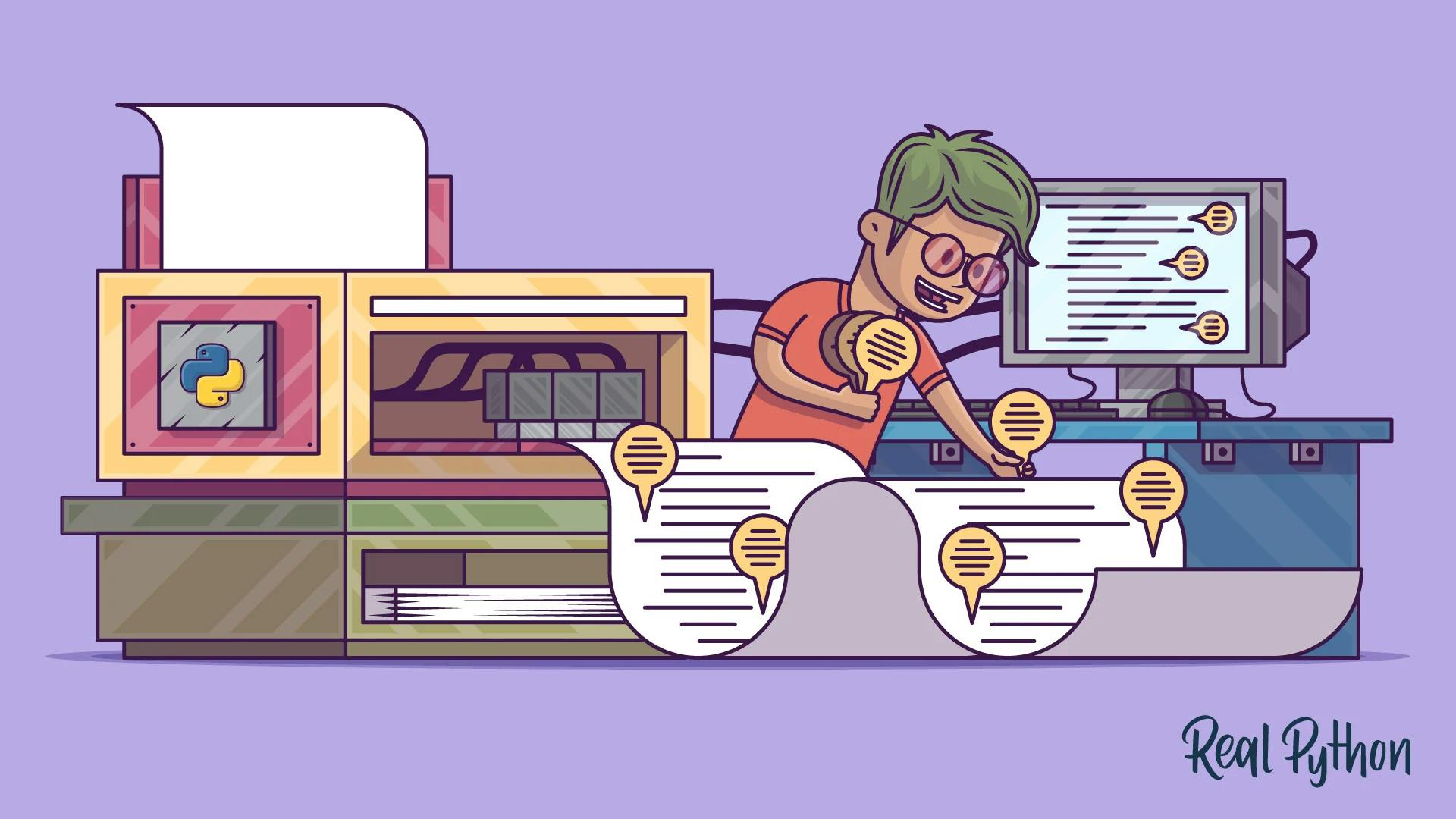
You probably had an experience going over the codes you wrote and being unable to understand what it's supposed to do. It's natural, as not every code you write is going to be entirely from your head. Especially if you're an amateur in coding, more than 10% of the codes you write will be from google.
Divide your project into sections and write comments above them indicating the role of each section. This will help you find which part is malfunctioning when you see an error.
Yes, some programs tell you where the error is from. But just knowing which line the error came from doesn't help at all sometimes. Writing comments will help you organize your code to quickly find the error sources and have all your variables in one place. Errors usually don't occur in one line of code. Most of the time, it's intertwined with other parts of the project, and it's often hard to realize this if you don't have comments indicating what the codes do. If you're spending too much time finding where the error came from, I recommend you organize your code into pieces and write comments about them.
5. Refer to other people's source codes
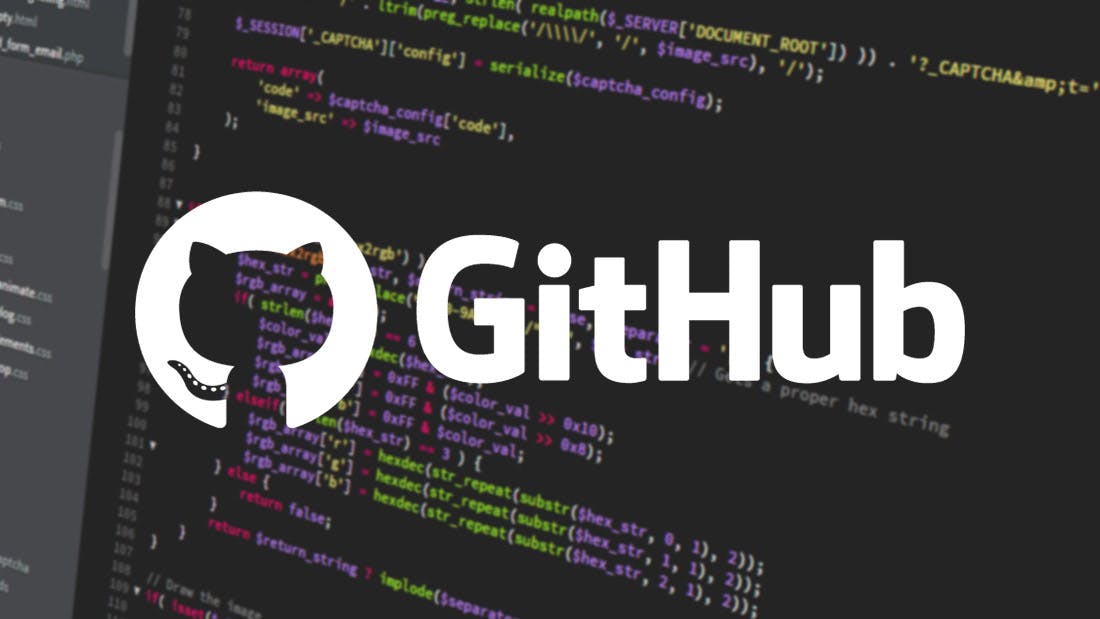
Github and other open sources are there for a reason. Refer to them to gain insight into your project, or even lend their ideas for building a project.
Even just taking a glimpse at others' work will have a massive impact on your work. Everyone has their unique style of coding. Learning from others' codes is a shortcut to being a balanced developer. It's always best to make your code concise. And the best way to do this is by referring to others' work and seeing how others do it. Computer science is a broad field with numerous educational resources, but we, the developers, are the best out of all of them. Learn from other developers. It surely would help.
Appendix
These rules, of course, are not laws. I'm not even a renowned developer. In fact, I'm just a high school student interested in computer science. But from my experience, and reference from adult developers I know, these 5 habits are what I've come up with. Thank you for reading and I hope this article was helpful.

